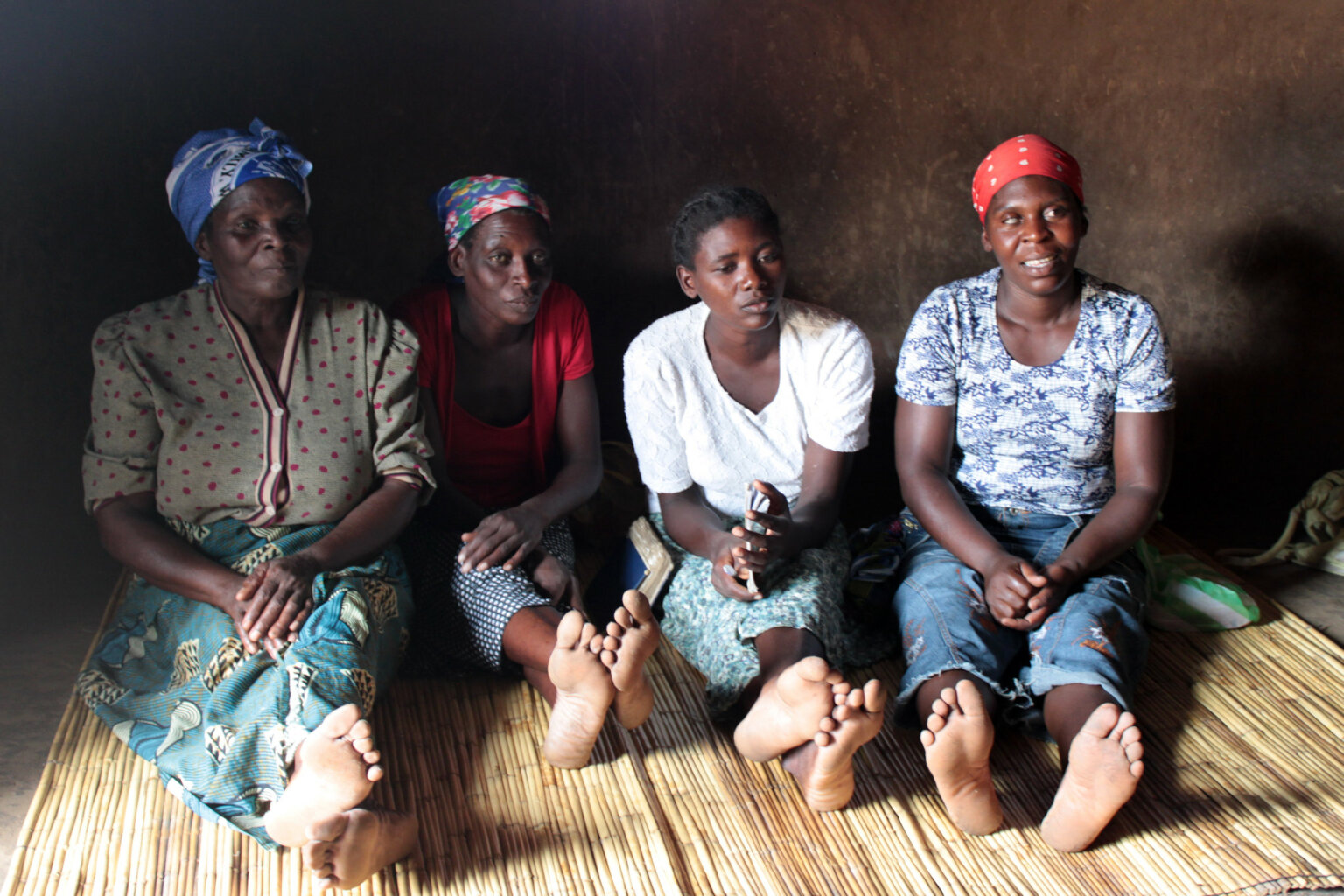- About
- Topics
- Story
- In-Depth
- Picks
- Opinion
- News
- Donate
- Signup for our newsletterOur Editors' Best Picks.Send
Read, Debate: Engage.
| January 09, 2019 | |
|---|---|
| topic: | Good Governance |
| tags: | #Zimbabwe, #birth certificate, #genocidal massacres, #Gukurahundi, #Citizenship Rights Centre |
| located: | Zimbabwe |
| by: | Cyril Zenda |
Without sitting for her final primary school examinations, she could not proceed to secondary education. With her mother dead and her father re-married, no one really cared about her.
Today the 31-year old street vendor is not only uneducated, but she is also unemployable because she doesn’t have any form of identification. She cannot open a bank account, apply for a passport, get a driver’s licence, have a mobile money wallet in her name or enjoy many rights and other things that fellow citizens take for granted.
So serious is the problem in some parts of the country that one may count the number of those with identity documents with the fingers of one hand. In February 2017, when heavy rains caused severe flooding in the Tsholotsho district of Matabeleland North, on the south-western part of Zimbabwe, marooned villagers had to be evacuated to higher ground. When members of the Civil Protection Unit tried to register the victims, they discovered that of the 150 pupils who were attending Mahlaba Primary school in Tsholotsho, only four of them had birth registration certificates. Of the 619 other villagers housed at one of the camps, only 129 of them had any form of identification, making the other 490 people Zimbabweans in name only.
The area is one of those that were severely affected by the Gukurahundi genocidal massacres of the 1980s and locals suspect that identity is being used as secret a weapon to keep them emasculated. They believe that this could be a deliberate ploy to keep them out of the mainstream social, economic and political life of the country.
“After they could not wipe us off, they decided to continue Gukurahundi silently,” said Mcedisi Mabhena (29), an illegal gold miner that this writer recently talked to in the Midlands mining town of Kwekwe. “Without an ID (identity card) you cannot do anything in life,” he said.
Farm and mine workers of foreign origin also represent the most vulnerable groups in Zimbabwe. An estimated 30 % of two million farm and mine workers and their families are believed to be of foreign descent. Many were born in Zimbabwe but lack birth certificates or national identity cards. These people have also lost ties with their country of origin and have no place to return to even if they would want to leave Zimbabwe.
A survey done in 2015 by a number of civic society organisation revealed that at least 2,4 million Zimbabweans did not have any form of registration. It is in reaction to this that a number of organisations are now pushing to put an end to this wholesale disenfranchisement of communities.
Among those organisation working to address this problem is Citizenship Rights Centre (CRC) which in June 2018 launched a national campaign called “End To Broken Dreams”.
“There are children led families. There are families with grandparents, parents and their children who do not have birth certificates,” says the organisation’s message that it is spreading using the social media and other platforms. “Vulnerable marginalised unregistered stateless individuals existing in our societies worldwide who cannot access services because they are not recognised by law! It is heart-breaking to witness “broken dreams”, due to lack of a simple document like a birth certificate!”
CRC Trust director and trustee, Conrad Nyathi, said they their campaign is targeting every unregistered citizen regardless of age and other social factors.
“We are targeting every unregistered citizen, but target an increase of 10% registration rate in 2019, 15% in the second year and 20% upwards from the third year. There are over 2 million unregistered people and around 40% non-registration rate for under five years of age,” he said.
The government has always acknowledged that the issue of lack of identity documents is a serious problem, and has repeatedly promised to solve it, but nothing has been done.
However, there is also hope in the form of Clemence Masango, the new Registrar General, who has promised to make the issue a priority.
“We are open to listen and do our best to see how we can assist,” he told the media recently. “We believe we can find a solution. Society setup is such that there is somebody who can speak for whatever child needs registration, even if the child is orphaned, surely there should be relatives, community leaders, there are school heads, political leadership or whatever that can vouch for such individuals,” he said.
According to the country’s laws, it is almost impossible for an adult person (especially those without both parents alive and who have their own IDs) to get a birth certificate. Every other form of identification document flows from the birth certificate, which is the primary document.
A Unicef report says the births of around 95 million children under age 5 (slightly more than half) in sub-Saharan Africa have never been recorded. One in three unregistered children live in just three countries: the Democratic Republic of the Congo, Ethiopia and the United Republic of Tanzania. Possession of a birth certificate is even less common – 120 million of the region’s children under age 5 do not have a birth certificate. The report predicted that a rapidly growing child population coupled with slow rates of change means that if current trends continue there could be close to 115 million unregistered children under age 5 in sub-Saharan Africa by 2030.
By copying the embed code below, you agree to adhere to our republishing guidelines.
